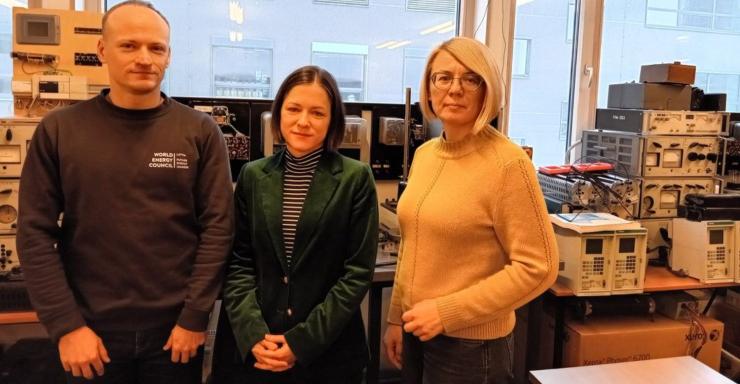The European Food Safety Authority (EFSA) has updated its risk assessment of fluoride intake from water, food, salt, and oral care products. EFSA’s scientific opinion is based on the latest studies and provides updated safe and maximum intake levels for all age groups.

Fluoride is a natural element that helps prevent tooth decay. In the EU, only a few countries fluoridate their water, but approximately 90% of toothpaste contains fluoride. The European Commission requested that EFSA update its fluoride risk assessment due to studies suggesting potential negative effects on children’s nervous systems. EFSA experts also reviewed possible effects on the thyroid, bones, and teeth.
Key Findings of the Scientific Opinion:
EFSA experts set a safe fluoride intake of 3.3 mg/day for pregnant women and everyone over 8 years. This level considers the effects on fetal brain development found when the concentration of drinking water exceeds 1.5 mg/L, the EU limit. Most European drinking water has less than 0.3 mg/L. Evidence on effects below 1.5 mg/L is mixed and inconclusive. The safe intake also helps protect the bones and the thyroid gland.
For children up to 8 years old, the greatest risk from excessive fluoride is dental fluorosis, which can cause mottled or discoloured teeth if too much fluoride is consumed during tooth development. The risk is highest in children who both live in areas with higher fluoride levels in water and regularly swallow toothpaste. The scientifically established maximum daily intake levels for children up to 8 years old are:
- 1 mg/day for infants 0-12 months old,
- 1.6 mg/day for children 1-3 years old, and
- 2 mg/day for children 4-8 years old.
With current fluoride levels in European water, total intake from all sources stays within safe and maximum limits for most age groups and does not raise health concerns. The exception is children aged 4 to 8. If these children swallow all oral care products along with regular water, mild fluorosis (tooth discoloration) may develop. This could especially affect large molars still developing at this age. However, spitting out toothpaste makes this unlikely.
Based on EFSA’s assessment, the European Commission may revise the legal fluoride limit in drinking water to better protect health.
EFSA full scientific opinion: Updated consumer risk assessment of fluoride in food and drinking water including the contribution from other sources of oral exposure


